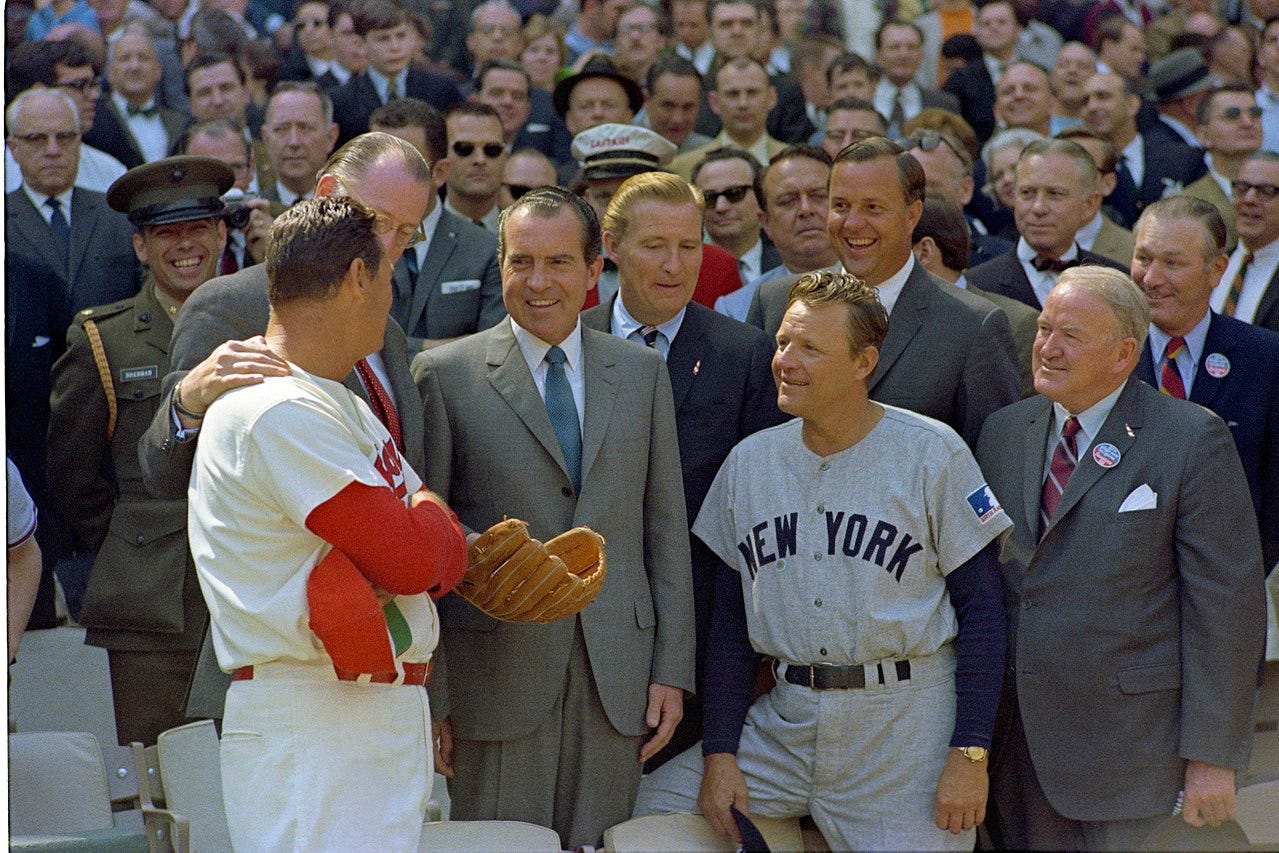
The US economy is strong at the moment, but Americans’ jobs—and the Democrats’ chance of winning the presidency again—depend on how quickly inflation falls now. It has historically taken a recession to bring inflation down to manageable levels, but it’s possible given our unique economic circumstances that we can get inflation under control without dramatically raising the unemployment rate.
The US economy grew at an annualized rate of more than 3% over the second half of last year. The national unemployment rate is just 3.4%. That’s the lowest unemployment rate since 1969, when American workers were being drafted to fight in Vietnam. Right now, Americans have jobs and money to spend. It doesn’t feel like we’re on the verge of recession.
But recessions can come on quickly. In fact, they often start when the unemployment rate is at or close to a low. The unemployment rate was still just 3.5% at the end of 1969, but the US economy shrank in 1970. The unemployment rate was up to 6.1% by the end of the year. The problem then—as now—was that inflation was high, in part precisely because the low unemployment rate meant that businesses had to pay higher wages to find workers. In response, the Federal Reserve raised interest rates rapidly—essentially raising the cost of spending money—which reduced inflation by slowing the economy. The result was a recession that lasted most of 1970.
The reason economists think we may be headed for a recession now—and the reason I said last May that a recession was likely this year—is that there has been a recession every time the Fed has raised interest rates this much this quickly. In theory, the Fed could engineer a “soft landing” by raising rates just enough to modulate growth and reduce inflation expectations without dramatically increasing unemployment. But historically recessions have been the only things that bring inflation down rapidly. If the Fed were able to get high inflation under control without triggering a recession it would basically be the first time.


The smart money, in other words, is probably on a recession sometime in the next year and a half or so. But there are reasons beyond just wishful thinking to think this time might be an exception to the general rule. Recent conditions are the product of unusual events like the COVID pandemic and the war in Ukraine, and the US economy has been behaving in unexpected ways. Consumer Price Index (CPI) inflation came down from 9.1% in June to 6.4%—and grew at an annualized rate of just 3.5% over the last three months—without unemployment increasing at all. While post-pandemic inflation has as a whole not been transitory, some components of inflation did come down as stimulus spending ran out and supply chain issues resolved. The prices of core goods—that is, everything but food and energy commodities, which are less predictive because they fluctuate on the basis of transient factors—have more or less stabilized.

The persistent inflation that remains largely comes from core services, and reflects the cost of employing workers. Whether or not the US will go into recession largely comes down to whether the Fed can reduce core services inflation without pushing unemployment over 4.5% or so. Core services inflation has already come down somewhat—and wage growth has begun to slow—but not enough to bring overall inflation back to a sustainable level. There are reasons to think the labor market may not be as tight as the low unemployment rate would suggest. The employment-population ratio is significantly below where it was before the pandemic began, which suggests some potential workers may be sitting on the sidelines. Instead, the recent increase in wage growth may be in part the result of the expectation—driven by things like the skyrocketing cost of gas and used cars—that prices would keep increasing. As recent interest rate hikes begin to have a greater effect, and workers start to believe inflation is coming under control, inflation may continue to moderate.

We probably are headed for a recession in the next 12-18 months, although I think it will probably be a mild one. Inflation is likely to come down below 4.0% on its current trajectory, but I don’t think it will go below 3.0% this year without the Fed continuing to raise rates substantially. Unemployment is likely to rise into 2024. Bloomberg’s recent survey of economists pegged the chance of a recession in 2023 at 70%. In December, the Federal Open Market Committee projected unemployment would rise to 4.6% this year and personal consumption expenditure (PCE) inflation would remain moderately high at 3.5%. Of course, if Republicans in Congress refuse to raise the debt ceiling over the summer—unlikely but unfortunately not impossible—a recession is almost certain.
My Forecast
75% chance PCE inflation in the US will be over 3.0% in 2023
43% chance unemployment will be at least 4.5% at the end of 2023
Will there be armed conflict between China and Taiwan before the end of 2024? I’m working on a forecast now so please share any thoughts you have in the comments. Also, please let me know what you’d be interested in reading—interviews of forecasters? discussions of forecasting techniques? explanations of the latest research?—so that I can continue to develop and improve Telling the Future. If you’re looking for work, Open Philanthropy is hiring a Senior Program Associate with a background in forecasting to manage its internal forecasting and make grants related to forecasting. As always, if you enjoyed this, please help support my work by sharing it with others!





Great post Robert! I'd be interested reading posts on any of the items you mentioned, but I also think there is a bottomless appetite for forecasts and analysis regarding the US real estate market if you ever feel inclined to write about that.
Good post Robert. For your question, I'd be most interested in discussions of forecasting techniques.